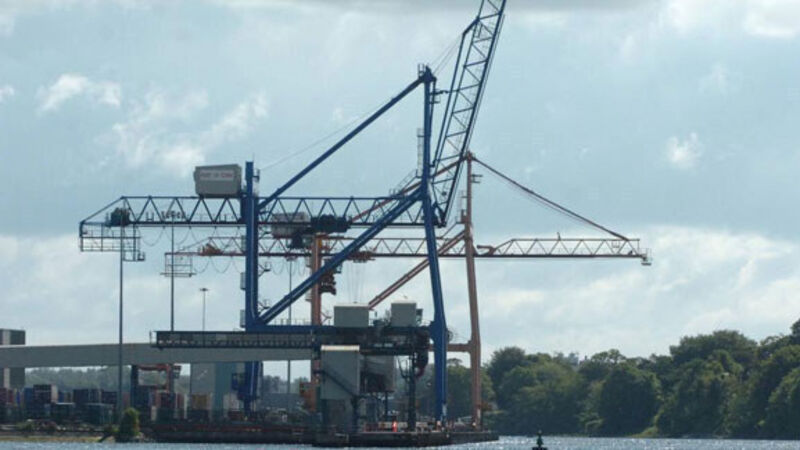WTO agrees rich countries to end export subsidies to help poor nations

Developed countries will immediately eliminate any export-subsidy entitlements while developing nations must end direct support by the end of 2018, according to a ministerial declaration accepted in the Kenyan capital.
“The decision you have taken on export competition is truly extraordinary,” WTO director general Roberto Azevedo said at the conference.










